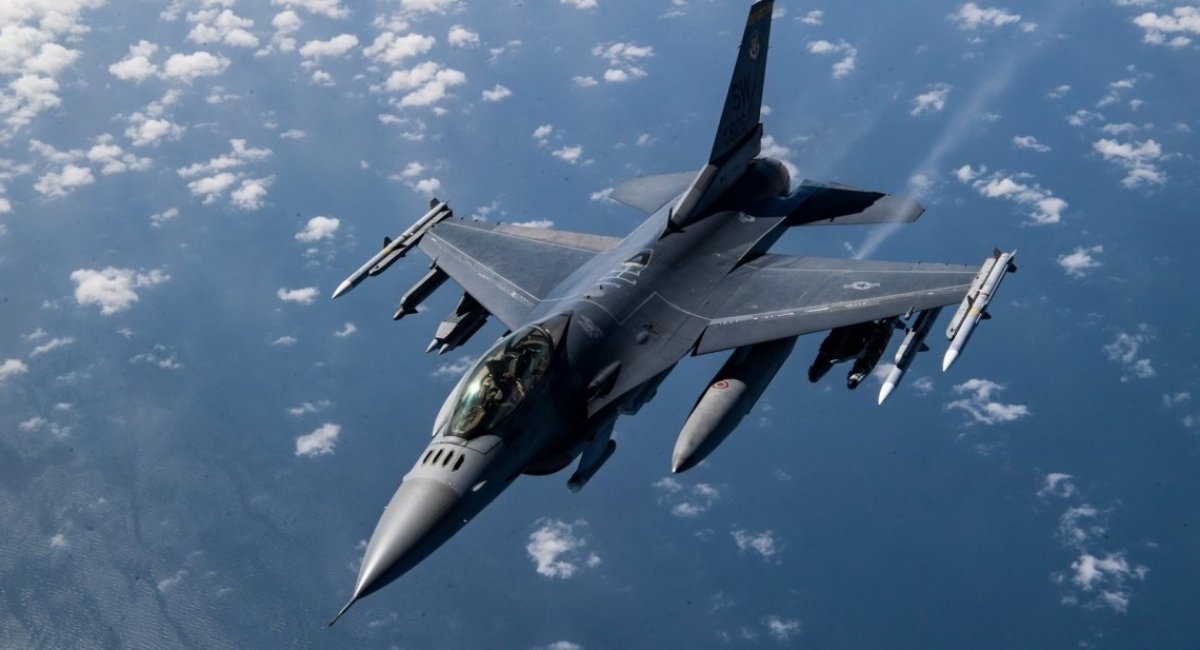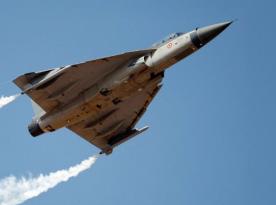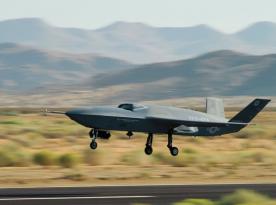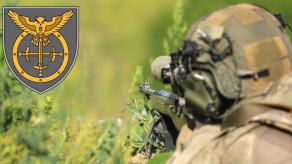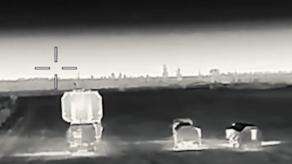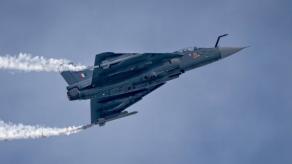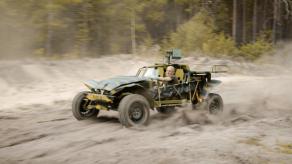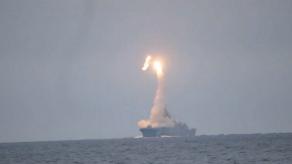American tech company Red 6 announced it had secured a contract with the U.S. Air Force to integrate its cutting-edge Airborne Tactical Augmented Reality System (ATARS) into multirole F-16 fighters.
According to Red 6 co-founder and CEO Daniel Robinson, "ATARS is the only system capable of replicating the cognitive complexity fighter pilots face in real-world engagements — and now we’re delivering it in the cockpit of a frontline tactical jet. The F-16 is just the beginning," says the Red 6 statement.
Read more: Yak-52 Crew Shot Down 120 russian Drones in 300 Combat Sorties in One Year: A War in the Style of World War I
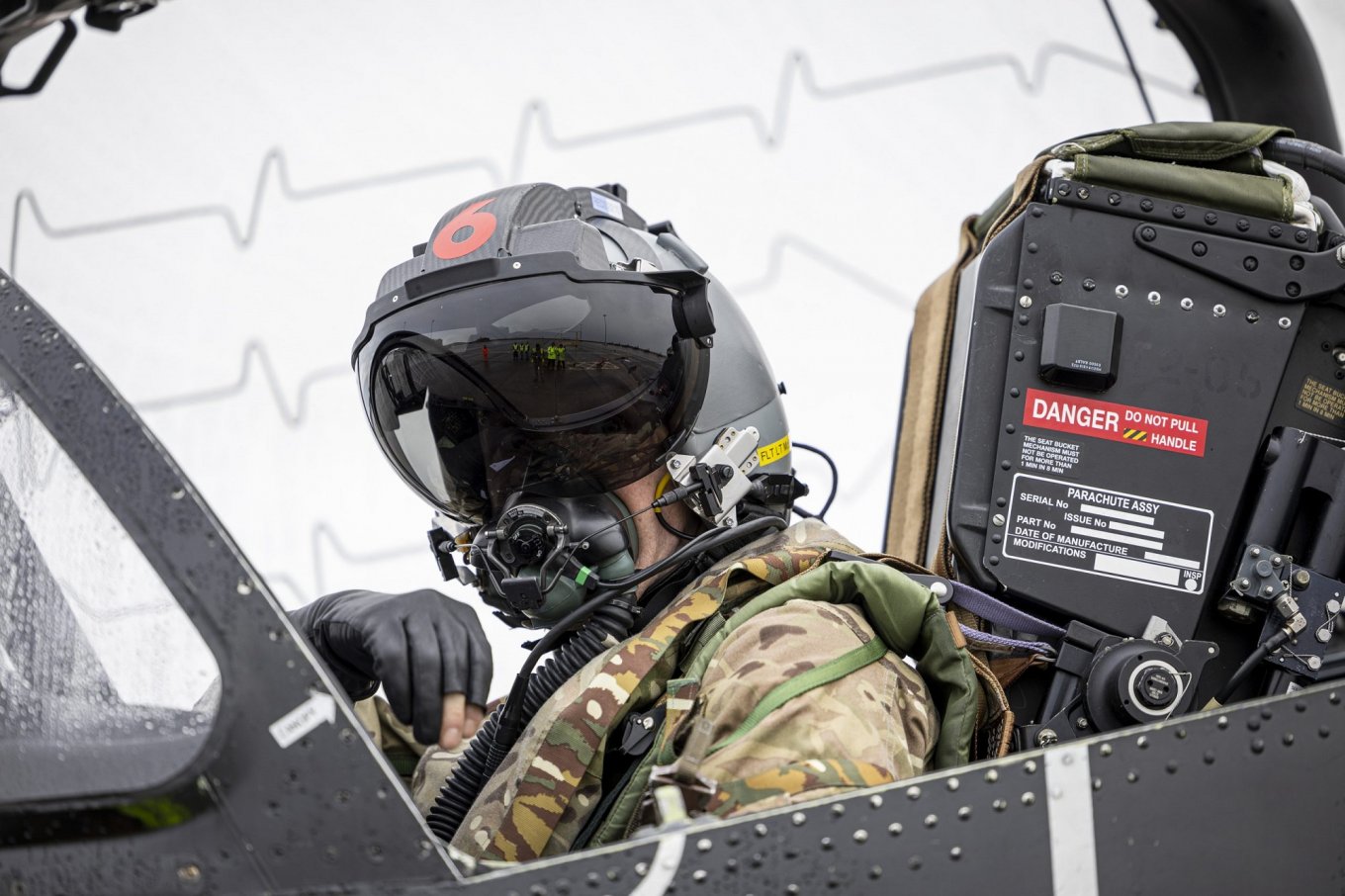
F-16s, however, are not the first aircraft to test ATARS. As Breaking Defense adds, the system has already been integrated on the T-38 trainer, MC-130 transport, and British Hawk T2 jet. Red 6's broader ambition is for air forces worldwide to adopt the technology to improve pilot training efficiency.
ATARS consists of a helmet-mounted head-up display, cabling, and a compact computer. It is compatible with multiple helmets and platforms.
The system can project hostile aircraft, missiles, and other threats into a pilot's field of view, enabling realistic maneuvering against simulated adversaries. It also supports the visualization of friendly assets — including future loyal wingman drones.
Under the new contract, Red 6 must install ATARS on two F-16 fighters within the next 12–18 months. If the USAF reports positive results, the system will then be scaled for broader training missions.
Robinson estimates that ATARS could save U.S. combat aviation as much as $10 billion within five years, primarily by reducing the costly need to use real aircraft in adversary roles during training.
Read more: Ukraine's General Staff Confirms Strike on Syzran Oil Refinery in russia's Samara Region




